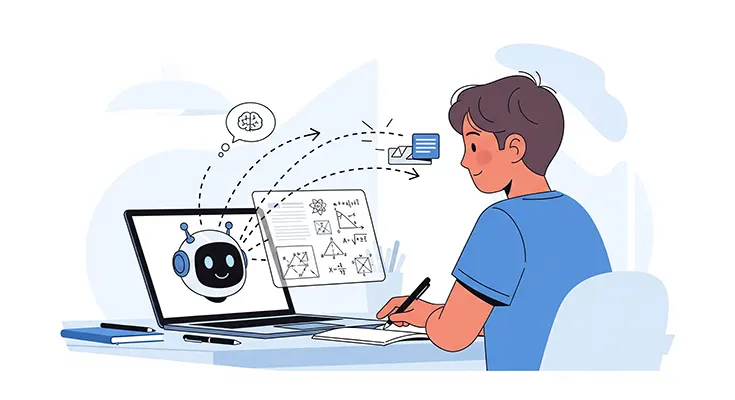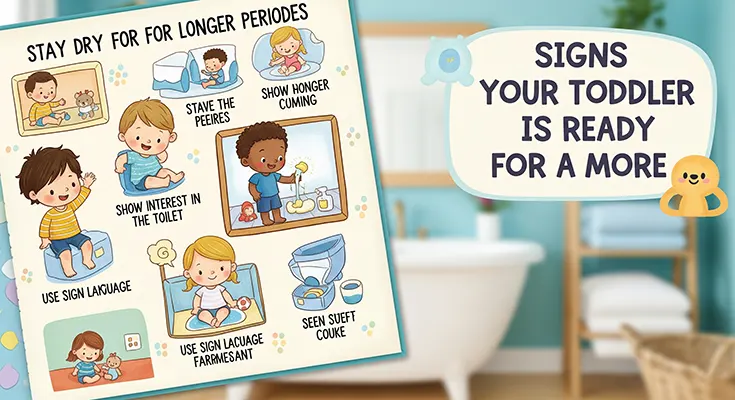
5 Benefits of Linux Reseller Hosting in 2025
The Linux operating system has always been regarded as a prestigious operating system in the reseller web hosting industry. As open source software, it allows you to customise the code to target specific web hosting services and their requirements.
Moreover, there are several other benefits of Linux reseller web hosting. In this article, we will discuss 5 benefits of Linux reseller hosting in 2025. If you plan to set up reseller hosting in India, powered by the Linux OS, keep reading to discover its benefits.
5 Linux Reseller Hosting Benefits: You Must Know in 2025
1. Cost-Effective Compared to Proprietary Software
When you need a cheap reseller hosting product, build it on the Linux OS. Even when using Linux to run superior and critical applications, the cost will remain low. The main reason for this is that Linux reseller hosting benefits from zero licensing fees.
Overall, Linux has a …
5 Benefits of Linux Reseller Hosting in 2025 Read More




